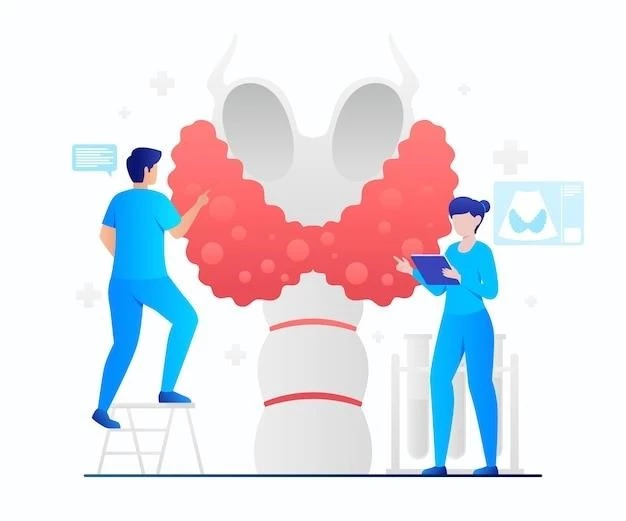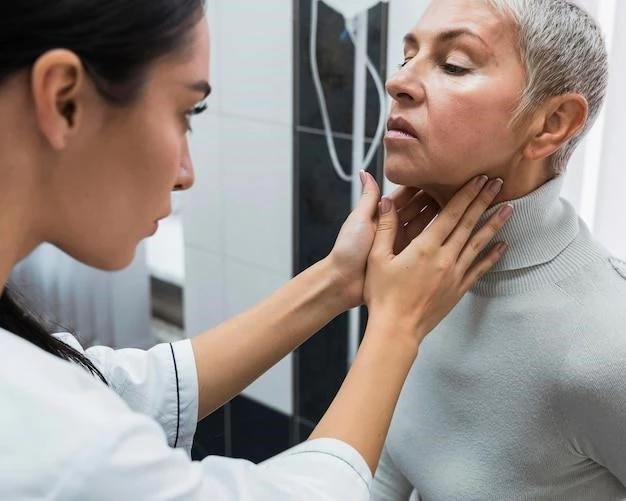Comprehensive Plan on Collaural Fistula
Understanding the causes of collaural fistula is crucial․ Proper diagnosis leads to effective treatment․ Stay informed and seek medical advice․
Causes of Collaural Fistula
Collaural fistula can be caused by infections, inflammation, trauma, or underlying conditions․ Factors like Crohn’s disease or radiation therapy can contribute․ Avoiding risk factors and maintaining overall health are essential for prevention․
Symptoms and Diagnosis of Collaural Fistula
Common symptoms include pain, drainage of pus, fever, and skin irritation․ Diagnosis may involve imaging tests like MRI or CT scans, along with physical examination and medical history․ Early detection is key for effective treatment and management․
Treatment Options for Collaural Fistula

Treatment can involve antibiotics, drainage of abscesses, and medications to control inflammation․ In some cases, surgery may be necessary to close the fistula tract․ Consult with a healthcare provider to determine the best approach for your specific situation․
Surgical Procedures for Collaural Fistula
Surgical interventions for collaural fistula may include fistulotomy, seton placement, advancement flap procedures, or fibrin glue injections․ Each procedure aims to remove or close the abnormal connection․ Discuss with your healthcare provider to explore the most suitable surgical option for you․
Complications of Collaural Fistula
Complications of collaural fistula may include recurrent infections, abscess formation, fistula tract enlargement, and potential damage to surrounding tissues․ Timely intervention and proper management are crucial to prevent these complications․ Consult with healthcare providers for personalized care․
